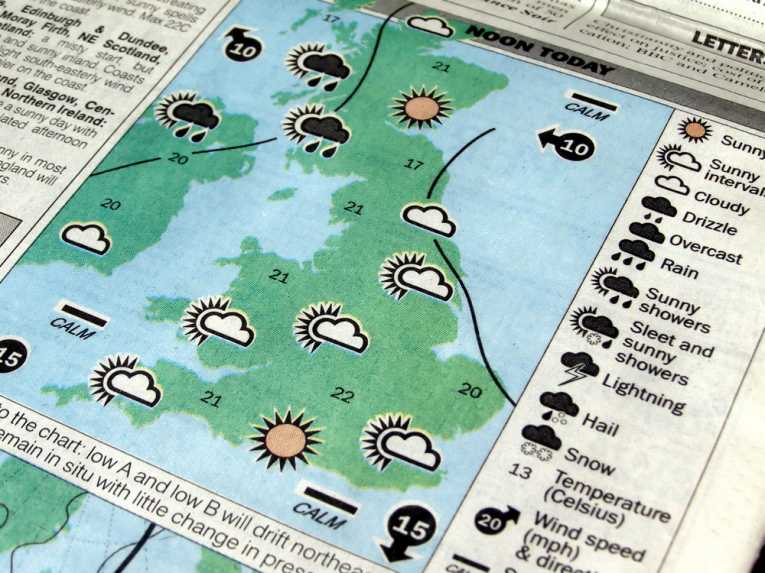Yesterday saw the release of the first UK government report on the possible effects of Climate Change upon the UK. Today the government has announced a 'National Adaptation Programme' to prepare the UK for climate change and its probable effects.
Following 24 hours of press releases, behind-the-scenes analysis and further comprehensive details being released by the UK CCRA (Climate Change Risk Assessment), we can now see the 100 foremost challenges the UK is likely to face. One of the purposes of the report is to ensure that "The UK is set to be amongst the best prepared nations for the implications of climate change"; the report is designed to be a baseline for government and local authorities to use in their planning and therefore doesn't take into account any future policies or actions that have been planned to combat climate change.
The response to the report, the National Adaptation Programme, includes the development of a new website where members of the public are invited to make suggestions. The report takes into account the possible economic and day-to-day impacts climate change may have, and people are encouraged to contribute their specific ideas concerning protecting their places of work.
Announcing the report, Environment Secretary Caroline Spelman said:
"This world class research provides the most comprehensive case yet on why we need to take action to adapt the UK and our economy to the impacts of climate change. It shows what life could be like if we stopped our preparations now, and the consequences such a decision would mean for our economic stability.
The Climate Change Risk Assessment will be vital in helping us to understand what we need to do to stop these threats becoming a reality. In doing so there is also great potential for growth through UK firms developing innovative products and services tailored to meet the global climate challenges."
Professor Sir Bob Watson, Chief Scientific Adviser at Defra, said:
"The CCRA is ground-breaking research which puts the UK at the forefront of understanding what the projected changes to our climate will really mean for us.
"For the first time it means we can compare a wide range of risks based on their financial, social and environmental implications. This will be invaluable for Government in prioritising the areas for future policies and investment, and it will help businesses assess what they need to do to ensure they are resilient to the changing climate."
The report outlines key areas for concern were the UK not to take any action to prepare for, and prevent, severe climate change. Of particular note were concerns over the health of elderly people and children with concerns over heat-waves and access to water topping the list. One of the predictions suggested there could be 580-5900 additional premature deaths per year due to hotter summers. With regards to water supply, The Thames River Basin and more surprisingly, Scotland are presented as major areas of concern, however Defra's Water White Paper including shortage supply measures (published last year) is not taken into account in the report.
Other concerns included flooding and increased temperatures, with extensive information on the potential economic costs, suggested adaptations to building cooling funds and suggestions for improved insurance processes. In contrast to flooding, drought is considered a major threat to crop and timber yields, with new diseases and pests likely to present new challenges to agribusiness. Defra has published a Tree and Plant Health Action Plan and pledged £7million to further research into diseases in plants.
The report also, controversially, highlights opportunities for the UK that these climate changes could present such as opening of arctic shipping routes and reduced cold-related deaths and illness during milder winters. The report suggests that food crops and fruit yields could improve if the problems related to flowing and disease are combated as a warmer climate would improve the major UK crops of sugar beet and wheat.










